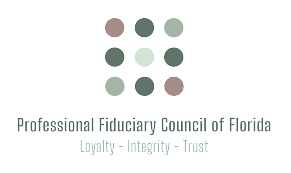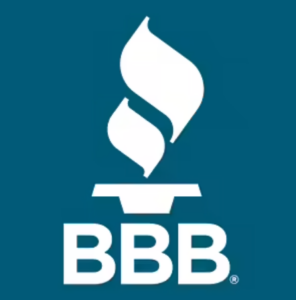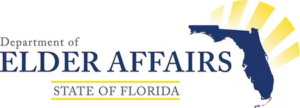What Caregivers Should Know About Elder Care Law
Thursday, December 24, 2020 9:50 AM

Caring for the elderly is a physically and emotionally challenging task; even more so if you a close to the person you’re caring for. It’s difficult to see someone who took care of you when you were younger need more help as age and disease or illness take their toll. In addition to the emotional toll of caregiving, there is also a financial impact. According to the Family Caregiver Alliance, there were over 34.2 million unpaid caregivers in the United States in 2018.
Whether you’re currently caring for a loved one or will begin your caregiving journey soon, here are the basics you should know about elder care law.
Power of Attorney
When caring for someone who can no longer care for themselves, there are undoubtedly legal issues involved. Therefore, it is important to appoint a trusted individual to be power of attorney to handle these issues. Having power of attorney allows you to handle medical needs or make medical decisions for your loved one if they are incapacitated by illness, disease, or disability and unable to make these decisions on their own. The power of attorney can also include financial access, allowing you to pay medical and other bills.
You must legally gain the power of attorney; The Florida Bar can guide you through the process.
Living Will
A living will – also referred to as a health care directive – is a document that allows your loved one to outline their wishes for end-of-life medical care, in the event they become incapacitated or unable to communicate their decisions. A living will also states their preference should they be placed on life support and any procedures they do or do not want. Due to the serious matter of this situation, it’s important to have a living will in place before the medical need arises.
Quality of life and life support decisions are never easy, but with a living will in place, it will be easier to follow through on their wishes when the time comes. It also allows you to enjoy limited time with your loved one instead of dealing with the emotions and worry of wondering if their wishes are fulfilled.
Public Benefits
The United States government offers some public benefits to help cover the cost of your loved one’s care including Medicaid, Medicare, and Social Security. Receiving these benefits are more complicated than just filling out a form and waiting for a check. As a caregiver, it’s a good idea to educate yourself about these programs so you can help your loved one plan for their future.
The Department of Elder Affairs provides several resources- including food and energy assistance – to help your loved one. Additionally, the Respite for Elders Living in Everyday Families (RELIEF) offers a much-needed respite for caregivers.
Standard of Care
There is not a certain standard of care for eldercare, but there is an understanding that elders should be treated with dignity and respect. If you decide to become the caregiver for your loved one and unable to meet these standards, Adult Protective Services can step in and force you to place your loved one in a nursing home. Additionally, if there is speculation that your loved one is being abused or neglected or that they are taken advantage of financially, the authorities will be called.
Thus, it’s important to assess your skills, time, resources, and patience level before you take on the role of caregiver. Additionally, it’s wise to review and understand eldercare laws so you can make an informed decision and act in the best interest of your loved one.
At Safe Harbor ElderCare Services, we protect the rights and welfare of our seniors. With 20 years of experience operating a large geriatric primary care medical group, we have acquired the knowledge and developed a network to fulfill the needs and satisfy the concerns of our senior patients. The mission of Safe Harbor Eldercare is to help our seniors navigate through a myriad of complex decisions that deal with many aspects of their lives, health, and sense of security. Call (866)742-7267 or fill out our online form today!
Sources





